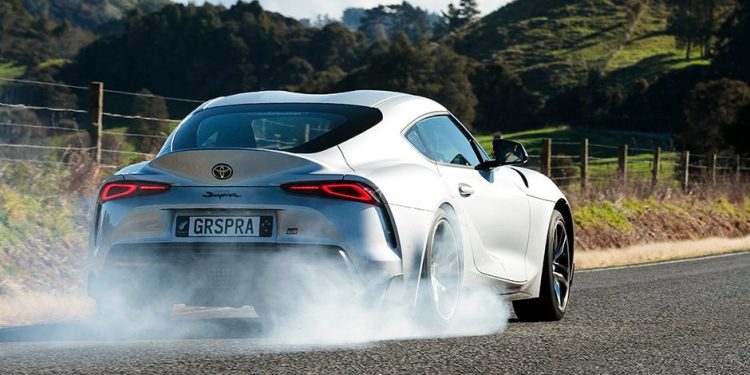Petrol cars will still be competitive for 30 years, says Toyota
By and large, Japan’s car manufacturers are the most hesitant to commit to full electrification programmes. While numerous European marques have made bold announcements to phase out internal combustion, mainstays like Toyota and Mazda are holding out. Relatively speaking.
While Toyota has confirmed an extensive electric car rollout plan in recent times (alongside its bZ4X SUV prototype), executives at the iconic firm continue to talk down the adoption of electric vehicles.
Bloomberg reports that during the brand’s annual shareholder meeting yesterday, Toyota director Shigeki Terashi said the brand expects internal combustion engine vehicles (and hydrogen fuel cell vehicles, for that matter) to continue to be factors in the market in 2050.
Speaking from the brand’s headquarters in Aichi, Terashi said that “it’s too early to concentrate on one option,” in response to a question about why the brand isn’t following Honda’s lead of setting an end-date for ICE (Honda’s being in 2040).

He added that keeping the foot down on traditional internal combustion and hydrogen engines has the benefit of stimulating competition between the formats, allowing Toyota to see which is truly favoured by consumers.
“Some people love battery-electric vehicles but others don’t see the current technologies as convenient. In the end what matters is what customers choose,” added Toyota chief technology officer Masahiko Maeda.
Terashi and Maeda’s claims aren’t entirely off the mark.
In the week following the New Zealand government’s announcement of the Clean Car Discount scheme there has been a significant response from ute drivers who feel singled out by the scheme — unhappy because the perceived limitations of EVs aren’t conducive to the places they work and the jobs they do.





